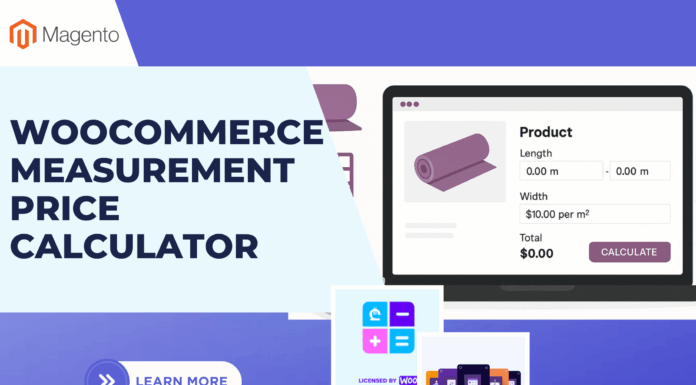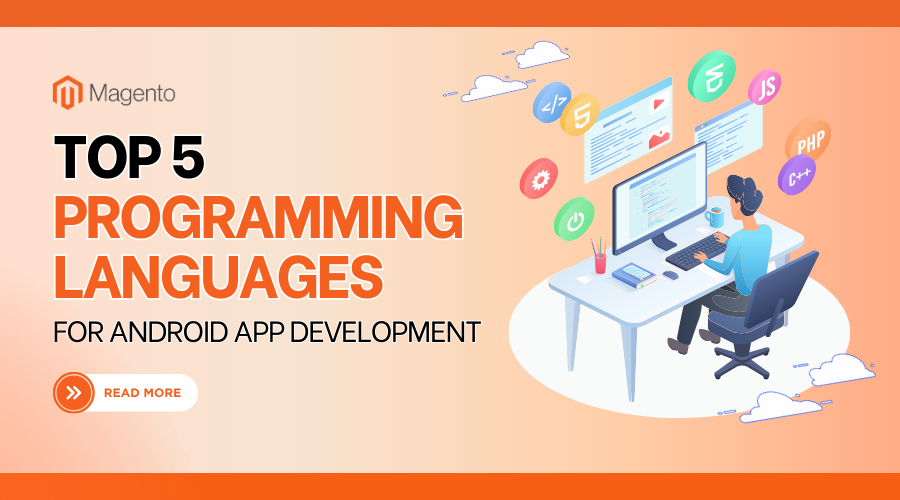
The Android app development landscape is vast, with millions of applications live on the Google Play Store. When developing an Android app, selecting the right programming language is critical. The choice you make can affect the app’s performance, developer productivity, adaptability, and long-term scalability. In this blog, we will explore the top five programming languages for Android app development and provide insights into why picking the right one matters for the success of your app.
Table of Contents
I. Best Programming Languages for Android App Development
1.1. Kotlin
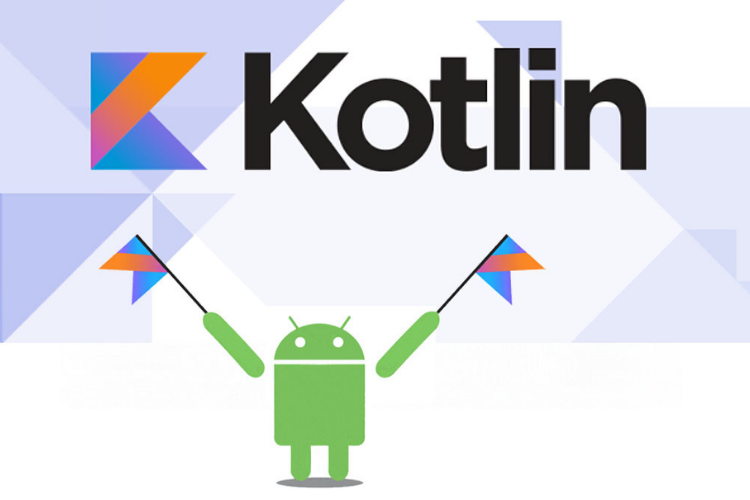
Kotlin is the official programming language for Android app development, introduced by Google in 2017. It’s a modern, statically-typed language that addresses many issues developers faced with Java. Kotlin simplifies code, making it easier to read and write, which increases developer productivity. It offers robust tooling support from JetBrains, making it an ideal choice for both experienced developers and those new to Android development. Additionally, Kotlin is fully interoperable with Java, making it easy to integrate into existing codebases.
Kotlin’s expressive syntax allows for concise code, reducing boilerplate and minimizing the risk of errors. This language is a go-to for businesses seeking Android App Development Services as it enhances app performance and ensures smoother development workflows.
1.2. Java
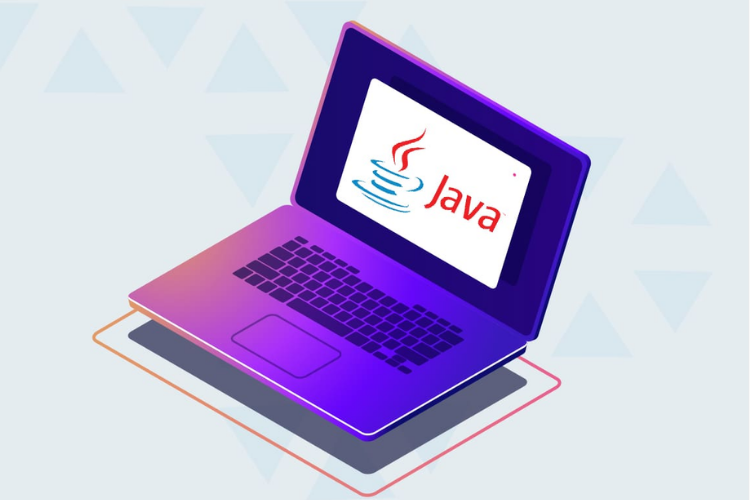
Java has been the backbone of Android app development for over a decade. It remains one of the most widely-used programming languages across the globe, known for its stability, scalability, and vast community support. The versatility of Java makes it an excellent choice for complex and large-scale Android applications.
Java’s object-oriented structure helps maintain a clean and organized codebase, ensuring long-term maintainability. While Kotlin has become the preferred choice for many Android developers, Java is still an excellent option, especially for companies that hire Android developers with a focus on scalability and reliability.
1.3. C/C++
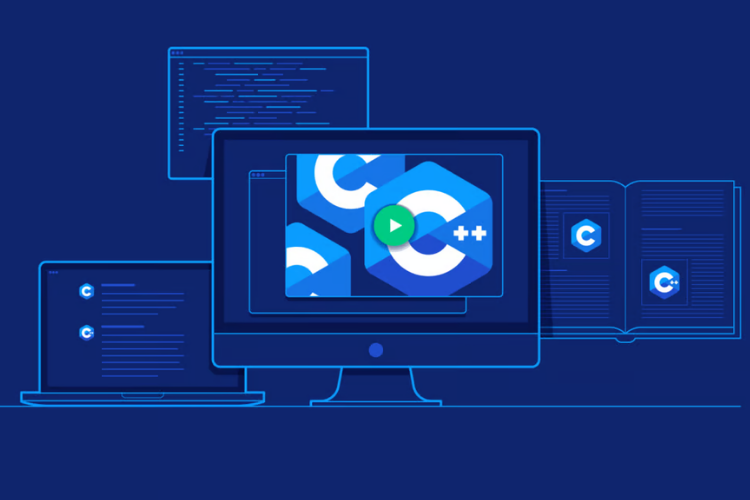
C and C++ are powerful languages used for Android app development, especially when working with low-level programming and performance-critical apps. These languages provide developers with more control over system resources, enabling higher performance optimization. Many game engines and high-performance applications for Android are built using C/C++ because of their ability to interact with the native components of Android devices.
While C/C++ are less commonly used for general-purpose Android apps, they remain essential for specific, performance-driven development projects. Businesses that require specialized Android app development services can leverage C/C++ to deliver apps with superior speed and efficiency.
1.4. C#

C# is another popular language for Android app development, particularly when using the Xamarin platform. C# offers a clean syntax, similar to Java, and is widely used for developing cross-platform mobile apps. Xamarin allows developers to write code once and deploy it on both Android and iOS platforms, making C# a great choice for businesses looking for cross-platform solutions.
For companies that hire dedicated Android developers, C# offers the benefits of a well-organized language with strong community support. It also allows developers to build high-quality apps using the .NET framework, enhancing developer productivity while ensuring robust performance.
1.5. Python
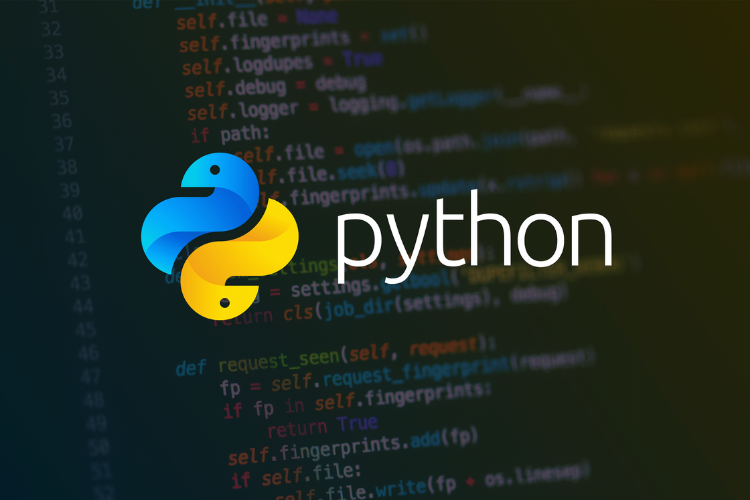
Though not as commonly associated with Android app development, Python has become increasingly popular due to its simplicity and versatility. Python can be used for Android development with tools like Kivy, PySide, or BeeWare. While not suitable for building native
Android apps, Python is great for prototyping and can be leveraged in specific use cases, such as machine learning and data processing within Android applications.
For businesses that hire Android app developers with Python expertise, the language’s rich ecosystem of libraries and frameworks can enable unique functionalities, such as integrating AI, natural language processing, or data analytics into Android apps.
II. Why Choose the Right Programming Language? Performance Optimization
The choice of programming language directly impacts app performance. Languages like Kotlin and C++ offer high efficiency and low latency, making them ideal for performance-sensitive applications, such as gaming or real-time processing apps.
- Adaptability to Project Needs
Every project has unique requirements, and the programming language should match those needs. For instance, Kotlin or Java is excellent for traditional Android apps, while C++ shines in resource-intensive apps. Choosing the right language ensures adaptability and long-term sustainability.
- Developer Productivity
Productivity is key in app development, and languages like Kotlin and C# simplify the development process, speeding up coding and debugging while minimizing potential issues. This increases the overall efficiency of Android app development services.
III. How to Choose the Ideal Android App Programming Language?
- Performance
Consider the performance needs of your app. If your project demands high performance, such as in gaming or multimedia applications, C++ or Java might be the best fit. For standard apps, Kotlin provides the performance necessary while being easier to work with.
- Language Flexibility
Your chosen language should be flexible enough to handle the requirements of your app. Languages like Kotlin and C# offer greater flexibility, allowing developers to write cleaner, more adaptable code.
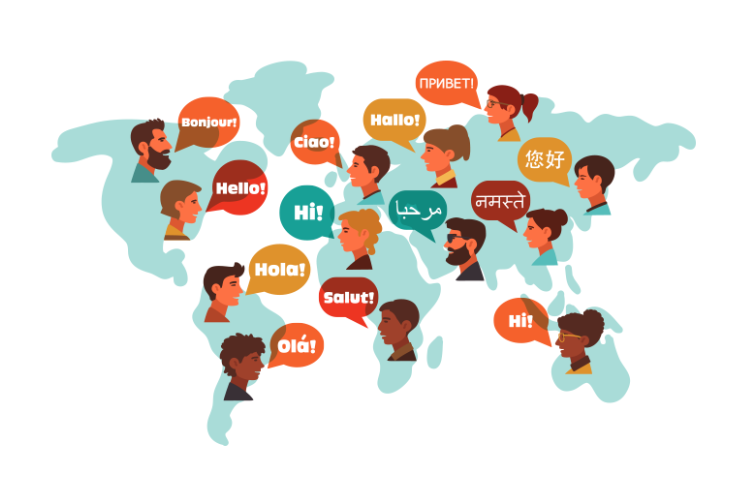
- Community Support
The size and activity of the language’s community play an important role. Java has an enormous community, making it easy to find solutions to problems, while Kotlin’s fast-growing community provides great support for modern development practices.
- Learning Curve
The ease of learning a language is another critical factor. Kotlin, with its modern syntax, is easier to learn for new developers compared to C++. Python stands out with its simplicity, making it an attractive choice for developers who prioritize ease of use.
- Security
Security is crucial in app development. Languages like Java and Kotlin provide built-in security features, reducing the risk of vulnerabilities. If security is a priority for your app, these languages are ideal.
- Scalability
Scalability is key when planning long-term projects. Java’s stability and Kotlin’s modern features make them suitable for scalable applications. For businesses looking to hire dedicated Android developers, choosing a language that supports scalable code is essential for future growth.

Conclusion
Choosing the right programming language for Android app development depends on several factors, including performance needs, project scalability, and developer productivity. Whether you opt for Kotlin, Java, C/C++, C#, or Python, each language has its strengths and is suited to different types of projects. By selecting the right language, you can optimize performance,
enhance productivity, and ensure your app’s long-term success.
If you’re looking to build a high-quality Android app, it’s crucial to hire Android developers who are well-versed in the language that best suits your project. At the same time, working with a reputable provider of Android app development services ensures that your app is built efficiently, securely, and with scalability in mind.





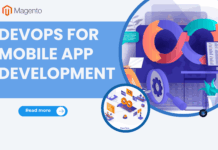


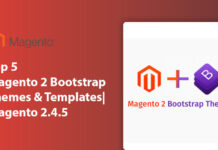



![[SALE OFF] Discount 30% All Premium Extensions On Christmas And New Year 2025 christmas-and-new-year-2025](https://landofcoder.b-cdn.net/wp-content/uploads/2024/12/christmas-and-new-year-2025-1-218x150.png)




